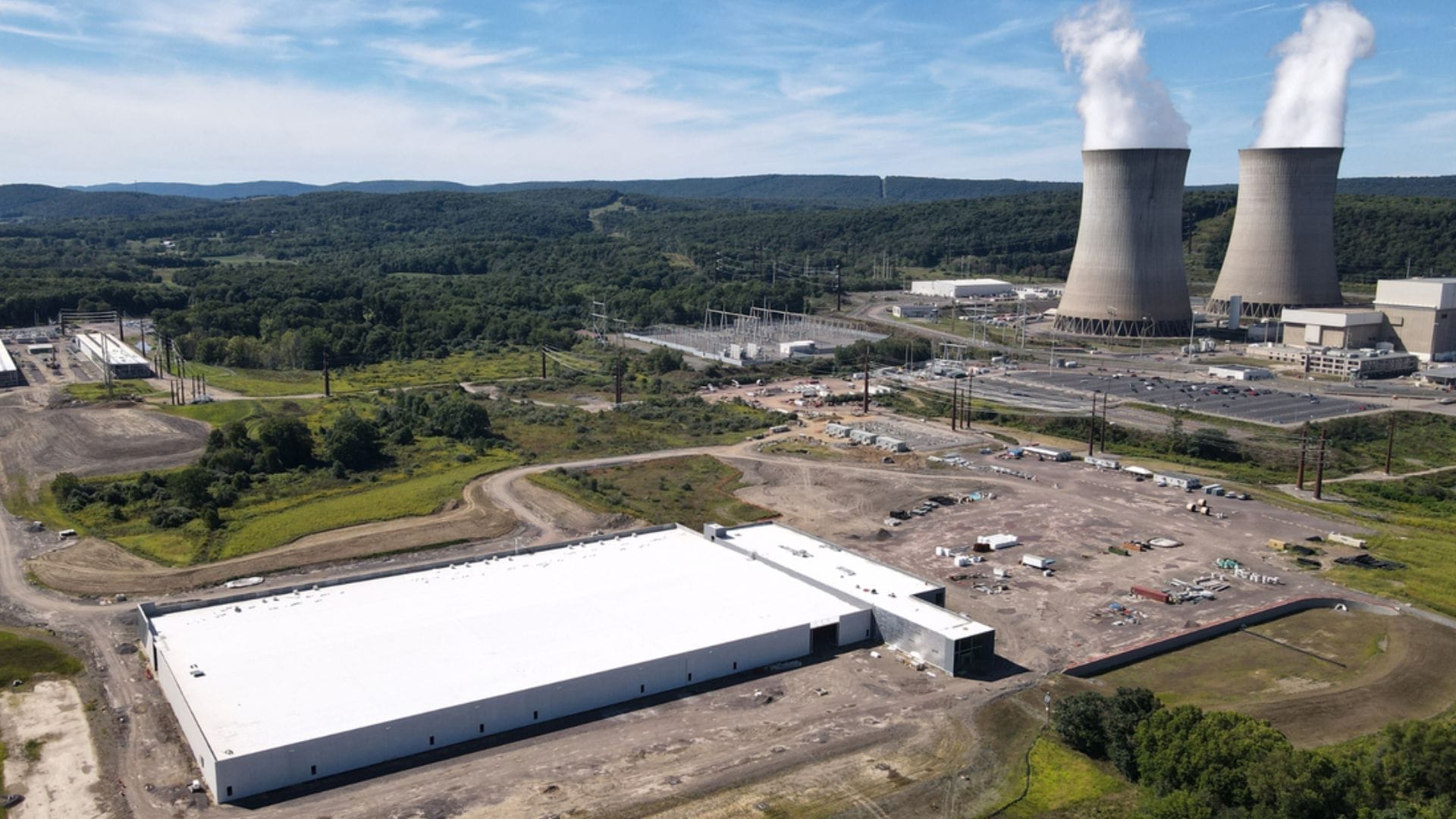Amazon taps nuclear power to boost AWS cloud energy supply
Amazon signs a 1.92 GW nuclear energy deal with Talen to power AWS cloud and explore new small modular reactors in Pennsylvania.

If you’re using Amazon Web Services (AWS), nuclear energy might soon power your cloud computing. Amazon signed a major energy deal with Talen Energy to buy 1.92 gigawatts of electricity from Pennsylvania’s Susquehanna nuclear power plant. This move makes Amazon the latest tech giant to tap into nuclear power to meet the growing demand for cloud and AI services.
Table Of Content
Why Amazon is turning to nuclear power
Nuclear energy is fast becoming a favourite among big tech firms aiming to power their massive data centres with cleaner, more reliable energy. Following similar announcements by Microsoft and Meta, Amazon’s decision shows the tech sector’s shift from fossil fuels to long-term, low-carbon solutions.
The deal, announced on June 12, isn’t wholly new. It’s a revised version of an earlier agreement between Amazon and Talen. Initially, Amazon had planned to build a data centre right next to the Susquehanna plant, allowing it to draw electricity directly without using the main power grid. That plan, known as a “behind-the-meter” setup, was blocked by regulators. They feared it would let Amazon avoid grid fees that help fund upgrades and maintenance—leaving regular customers to pay more.
Now, the updated deal brings everything “in front of the meter.” That means Amazon’s AWS data centre will pull power through the grid like everyone else, paying standard transmission fees. When transmission lines are reconfigured, the switch will be made official in spring 2026. The agreement guarantees energy supply through 2042.
Amazon and Talen to explore new nuclear projects
Beyond just buying energy, Amazon and Talen are looking at the future of nuclear power. The two companies announced plans to explore building small modular reactors (SMRs) within Talen’s footprint in Pennsylvania. These compact reactors are being developed to provide safe, cost-effective nuclear energy, and Amazon already has a stake in this space through its investment in X-energy.
X-energy is working to install 300 megawatts of nuclear capacity in the Pacific Northwest and Virginia. If successful, SMRs offer quicker builds and lower costs than traditional nuclear reactors.
Expanding existing nuclear plants is also an option. This could involve upgrading equipment, using more efficient fuel, or improving turbines to increase power output. These changes often face fewer hurdles than building new plants from scratch. They could add much-needed energy to the PJM grid, the regional electricity network that serves over 65 million people across the eastern United States.
Big tech’s growing interest in nuclear energy
Amazon joins Microsoft and Meta in backing nuclear energy as a clean and stable power source for the digital age. Microsoft is helping restart a reactor at Three Mile Island, a US$1.6 billion project that will supply 835 megawatts of electricity. Meta recently struck a deal with Constellation Energy to buy clean energy credits from a 1.1 gigawatt nuclear facility in Illinois.
These partnerships highlight a broader trend: tech firms aren’t just looking for energy—they’re trying to secure clean, reliable sources that can support their rapid expansion, especially in AI and cloud computing.
Amazon and Talen’s joint efforts aim to bring new power to the PJM grid, not just shift existing energy around. Regulators will be watching that detail to ensure everyday ratepayers don’t end up covering the cost of corporate energy deals.
















